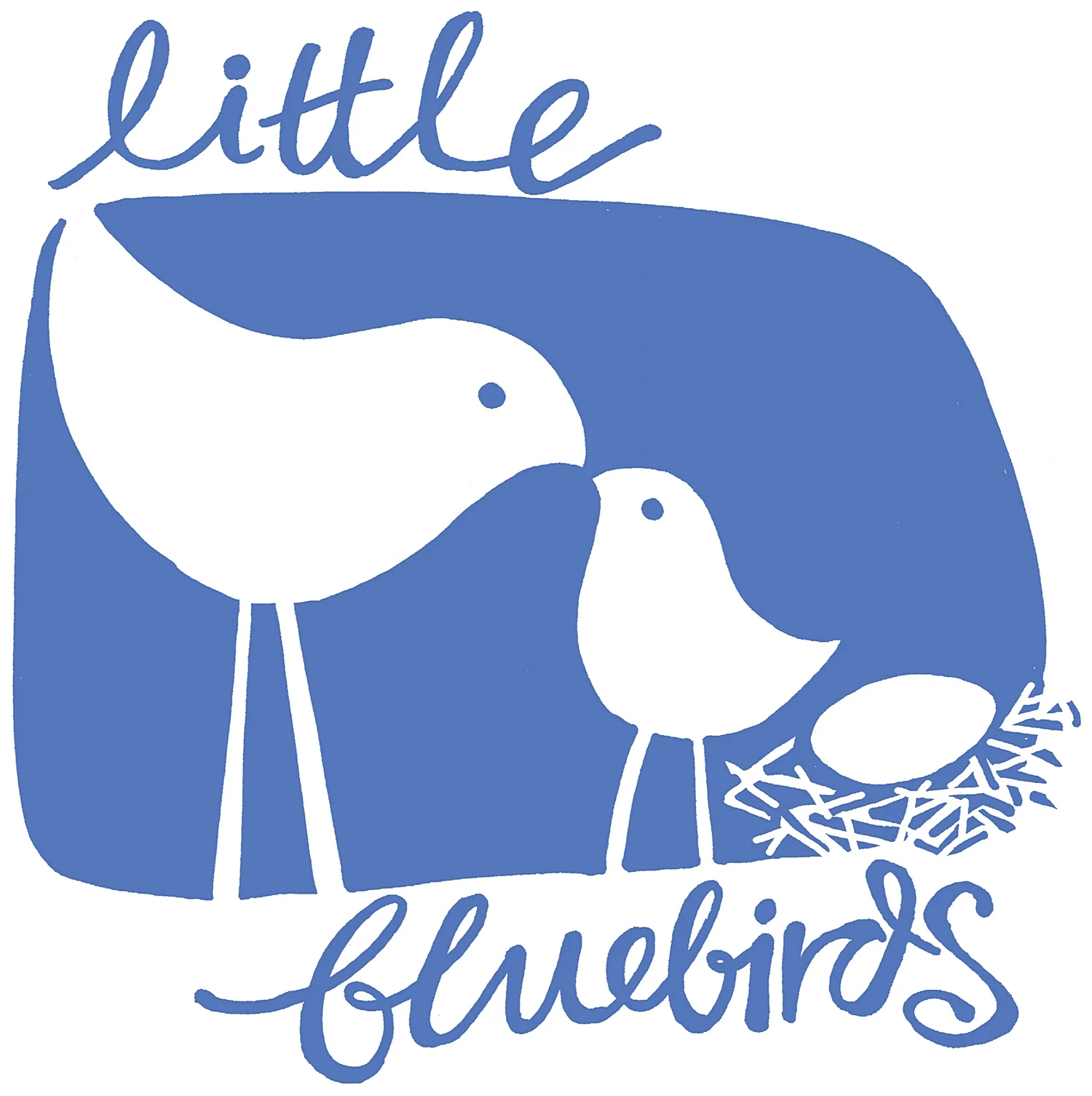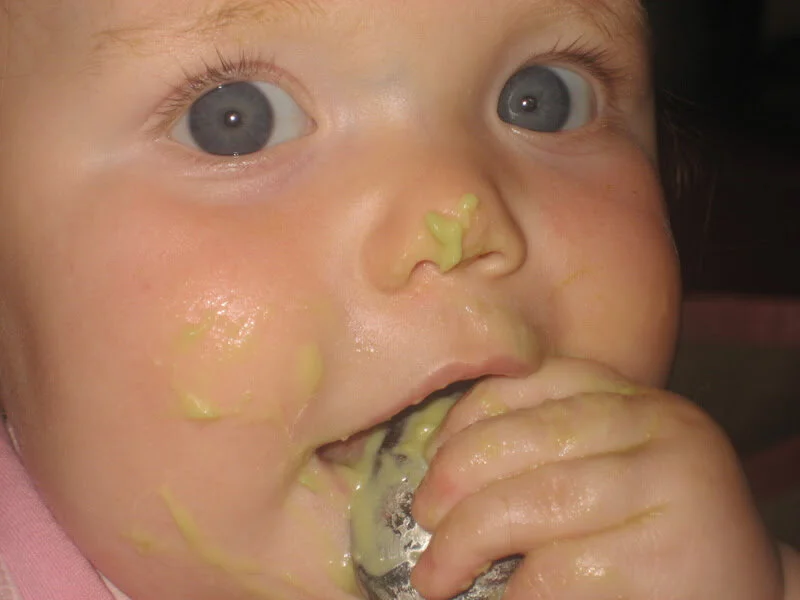Developing Fine Motor Skills Through Play
Around 10 years ago, when my eldest child was a pre-schooler, I didn’t know what fine motor skills were, let alone how to encourage the development of these skills in my child!
Fine motor skills basically refer to an individuals’ ability to move their hands, fingers and wrists in a precise and controlled way. As a child’s fine motor skills develop, so does their independence in participating in daily activities such as brushing their teeth, tying shoe laces, drawing and writing. Even being able to use the toilet independently involves fine motor skills.
So how do we develop foundational skills in our little people? Take a deep breath parents and carers, we definitely don’t need to spend hours planning activities to encourage fine motor skill development!
Between the ages of 3-5 years, activities that can encourage strength, coordination and manual dexterity (independent finger movements) include:
playing with playdough
painting (with their fingers, a brush, or other objects)
chalk drawing
threading
using child friendly scissors
playing with duplo or other build blocks
brushing dolly’s hair
dressing teddy
racing cars along a track
collecting stones or shells
Basically, any form of play that encourages changing hand and finger movements.
Music is another activity which encourages fine motor development. Playing an instrument like the piano or guitar requires superior fine motor control. You may, or may not, want your child to be the next Jimmy Hendrix or a famous concert pianist but don’t underestimate the skills being learnt when moving and singing along to Incy Wincy Spider and Twinkle Twinkle Little Star.
It may not sound like much, but each opportunity your child has to move, coordinate and manipulate their hands and fingers in different ways, allows them to develop strength and precision. So it's not about intense activities, it's really about encouraging your kids to do things themselves, and in turn, develop their fine motor skills through opportunities that arise during the day.
One final point. Try to let your child and their interests lead you. Their learning and skill development will be optimal when they are doing something they enjoy! So next time your little one is collecting gum nuts and sticks, or decides to make mud pies, just remember you’re providing invaluable practice that will lead to the development of more sophisticated skills and your child’s independence.
About the Authors
Trish is a 3rd year occupational therapy student who has over 15 years of experience working with children and families. She also has 3 beautiful boys aged 16, 12 and 7.
Sarah is a 3rd year occupational student who loves to play music and spend time with her younger cousins.







